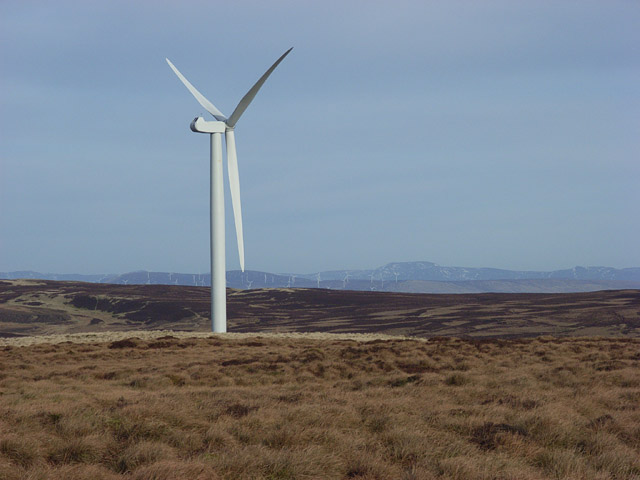
Following the announcement made by the Secretary of State for Business, Innovation and Skills Sajid Javid this morning, the Aldersgate Group stresses that any reforms to the Green Investment Bank must ensure that its public mission to reduce risk for investors in low carbon and environmental projects remains firmly in place. In addition, the government must retain a significant and sufficient shareholding in the Bank to convince the market that it remains firmly behind its mission.
The Aldersgate Group, whose business members represent a wide range of economic sectors and a collective turnover in excess of £300bn, is strongly supportive of the positive impacts that the Green Investment Bank (GIB) has had in reducing the cost of capital, increasing the quality of projects and mitigating policy risks for its mandated areas of investment
From significant co-investments in efficient street lighting to major offshore wind projects, the GIB has played an important role in reducing the risk profile of some low carbon projects that were harder to finance and has already mobilised over £5bn of investment in the UK’s low carbon economy.
The right level of private ownership in the GIB should be agreed through transparent analysis and in-depth consultation with the finance community to determine the optimum level of government shareholding that continues to maximise private finance's willingness to invest in the green economy throughout the lifetime of this parliament and beyond.
Nick Molho, Executive Director of the Aldersgate Group, said: “The injection of private capital into the Green Investment Bank could be a positive development but only if the Bank’s public mission to drive investments in low carbon projects perceived as riskier is fully maintained and the government retains at least a significant shareholding, allowing it to demonstrate a meaningful stake in the continued success of the Bank.
Failure to provide such reassurance would, just a week after retrospective policy changes on onshore wind, send negative signals to low carbon investors, threatening inward investment flows and undermining the low carbon sector’s important contribution to the UK’s continued economic recovery.”
Nick Molho added: “With a few months to go ahead of the climate change summit in Paris, it is also critical that the UK’s positive leadership in these negotiations does not become undermined by a perception abroad that the government is diluting its domestic commitments and abandoning its own stake in the future growth of the UK’s low carbon economy. Retaining at least a significant holding in the Green Investment Bank and making rapid decisions in key areas such as the future of the levy control framework will be key here.”
The Aldersgate Group also reiterated some of the key recommendations from its recent cross-industry report on the future of the Green Investment Bank, highlighting the importance going forward for the Bank to have greater flexibility in leveraging private finance and in investing across a broader range of environmental projects such as those aimed at improving the state of the UK’s natural capital.
